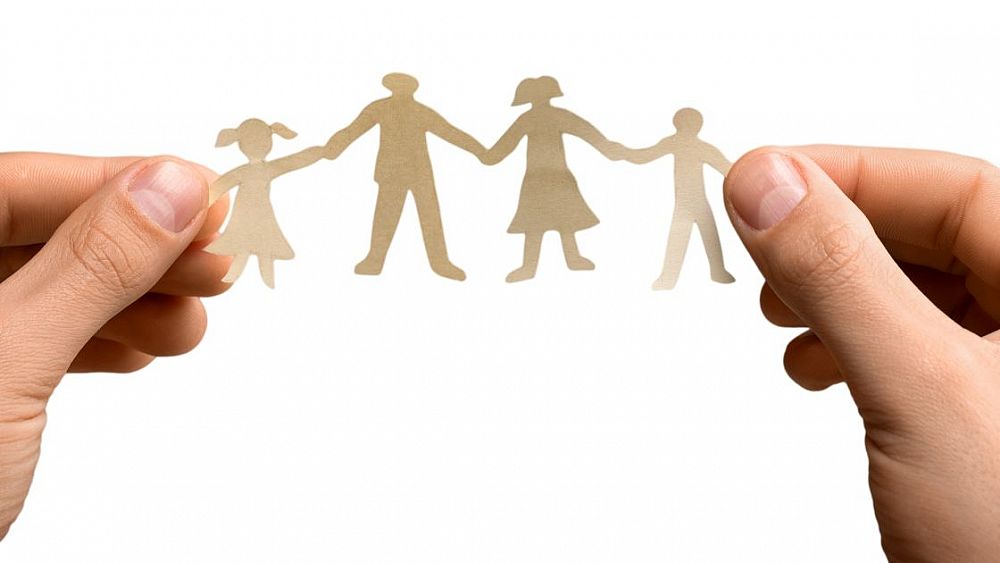The Place of Family in the ESL Education

Parents are the children's first teachers depending on their knowledge and experience parents will raise and educate their children in different ways. This education is important, not only for the child's growth but also for the whole future life.it is said that no teacher can replace parents from the education of the children. The rapport establishes between and their children will unconsciously help to develop good and bad habits and personalities of children.Early childhood is the foundation stage of the child's life, parents should pay special attention to this stage of the education and development of personality.there are several very important factors to consider:
Table of Contents
Do you want to teach English abroad? Take a TEFL course!
This post was written by our TEFL certification graduate Bing H. Please note that this blog post might not necessarily represent the beliefs or opinions of ITTT.
1. Responsibilities
Parents are responsible for creating a good family environment and atmosphere for their children,which is a prerequisite for family education. Treating the child as an equal person will help to develop a strong personality and ability to protect his or her interests in adult life. Moreover, during the childhood time children absorb information not only from family but also from the outside from such social institutions as kindergarten, school, university, interest groups etc.while the child will show a strong desire for various things and activities, parents should be able to guide him during this time to make sure that he understands what is good and what is bad.
Also Read: Problems Faced by Students of Different Nationalities
2. Care and Independence
Taking care of the child, but letting him have some space to be alone and independent. Children should not be viewed all the time; there must be a balance between parents' care and personal space, so the child would be able to develop such important skills for the future as critical and independent thinking, self-care, ability to decide by himself, taking responsibility for his behavior.
3. Life Lessons
Parents provide children with a lot of information about life overall, school, communication with friends, interests, and hobbies, etc. Children ask parents about anything countless times a day; some of the questions might be strange and funny, the other might not have any sense, but parents should listen very carefully and answer, as even small things could shape their personality and future interests.
Also Read: How do online TEFL courses work?
4. Social Skills
Parents should pay attention to the cultivation of children's communication skills. In the process of growing up, children will be in contact with different people. During the communication process, they will gradually form the ability to treat people and improve their communication skills. However, some parents may worry that their children might be affected by other people. For example, some negative impact might appear if the child is bullied, so some parents might restrict their children to play with their mates around or contact strangers. This will lead to a lack of communication skills and appearing of conflicts between people when they grow up in society. Therefore, parents must help children to learn how to interact with different people, and also how to handle all kinds of conflicts and frictions.
5. Self-Development
Parents should also continuously improve their personality and self-education ability. As long as the relationship between parents and their children is established, the personality of the parents has a decisive influence on the children. That is why, to be a good example for their children, parents should learn and develop themselves first. Both parents are always the first role models for children, and everything they do, say, eat, etc. will be observed and copied by their children.
Also Read: How much does a TEFL course cost?
6. School and University Life
Parents have a special role in children's education at school and at university. In the process of school education, due to the lack of knowledge and experience, children cannot decide what is beneficial to them, and they are not responsible for their actions. Therefore, they need to be supervised and protected by their parents. At the same time, parents conduct conscious educational activities. It will also promote children's motivation to study and improve their learning ability. Parents are also supporters of school educational activities. Parents' attitude towards school education also affects children's attitude towards learning.
Do you want to teach English abroad? Take a TEFL course!
In short, there are many sources of influence that affect children every day. The current social environment is very complicated, and many factors influence society. Therefore, when educating children, school education, and family education need to be coordinated. Harmonious communication will effectively and actively guide children's way into a bright future.
Apply now & get certified to teach english abroad!
Speak with an ITTT advisor today to put together your personal plan for teaching English abroad!
Send us an email or call us toll-free at 1-800-490-0531 to speak with an ITTT advisor today.



